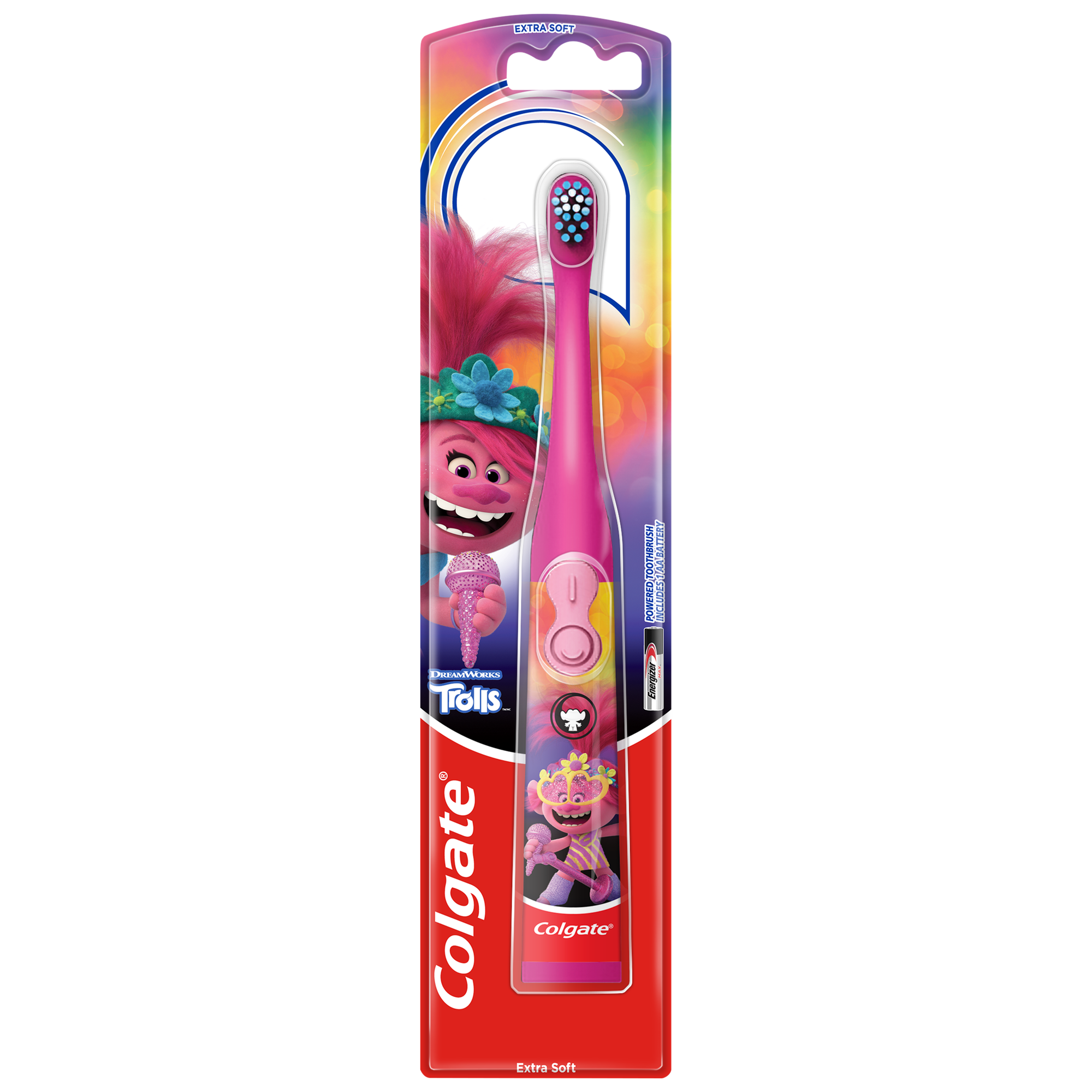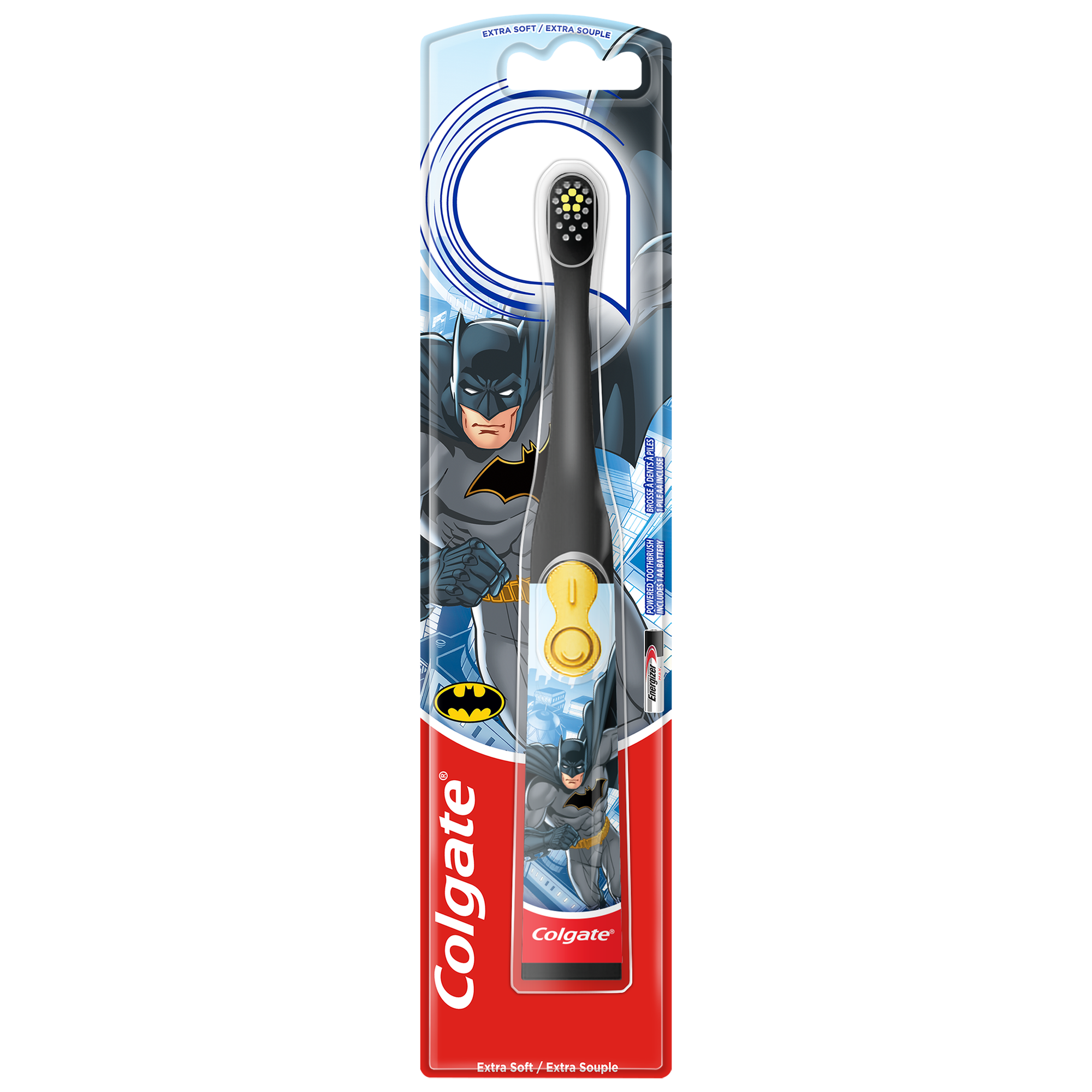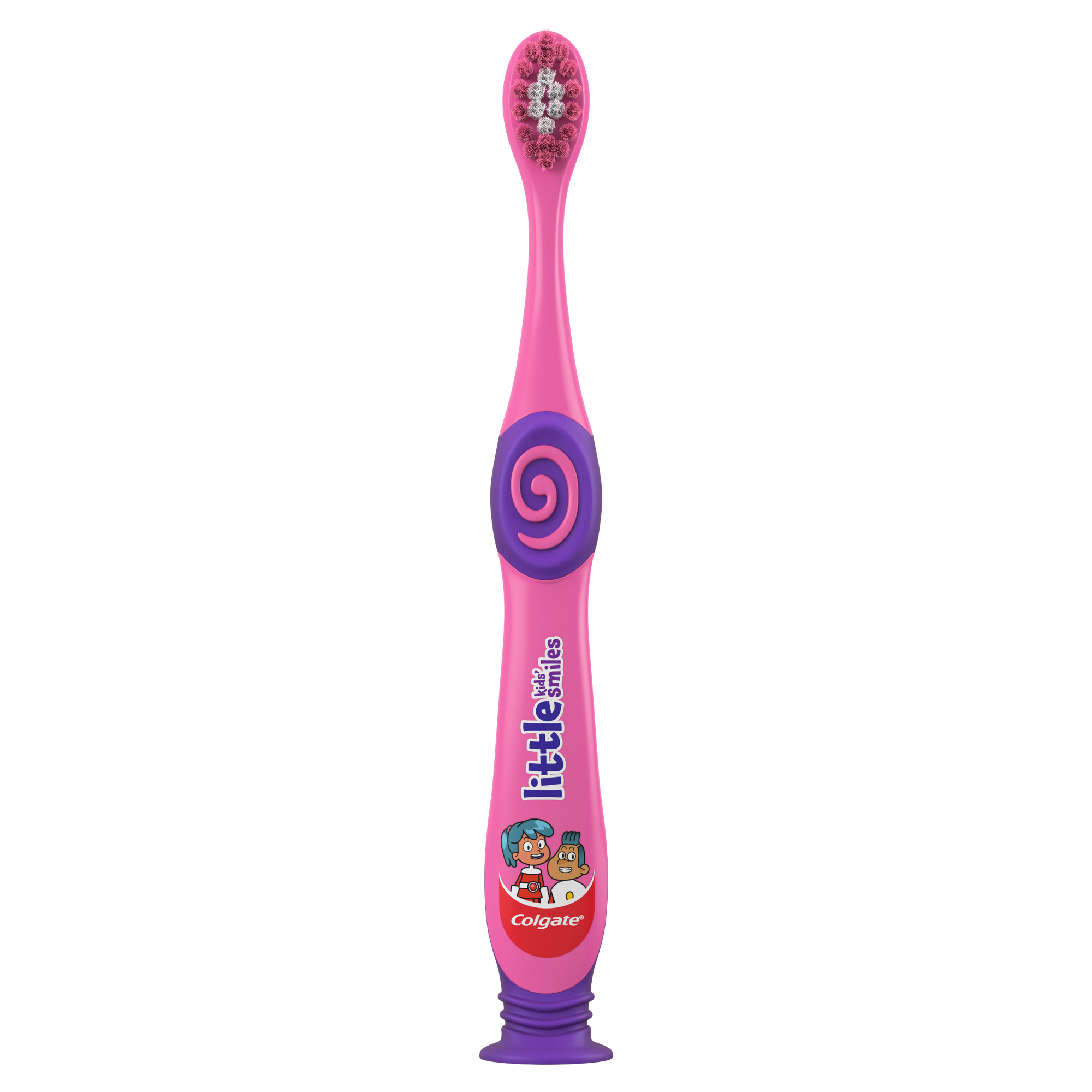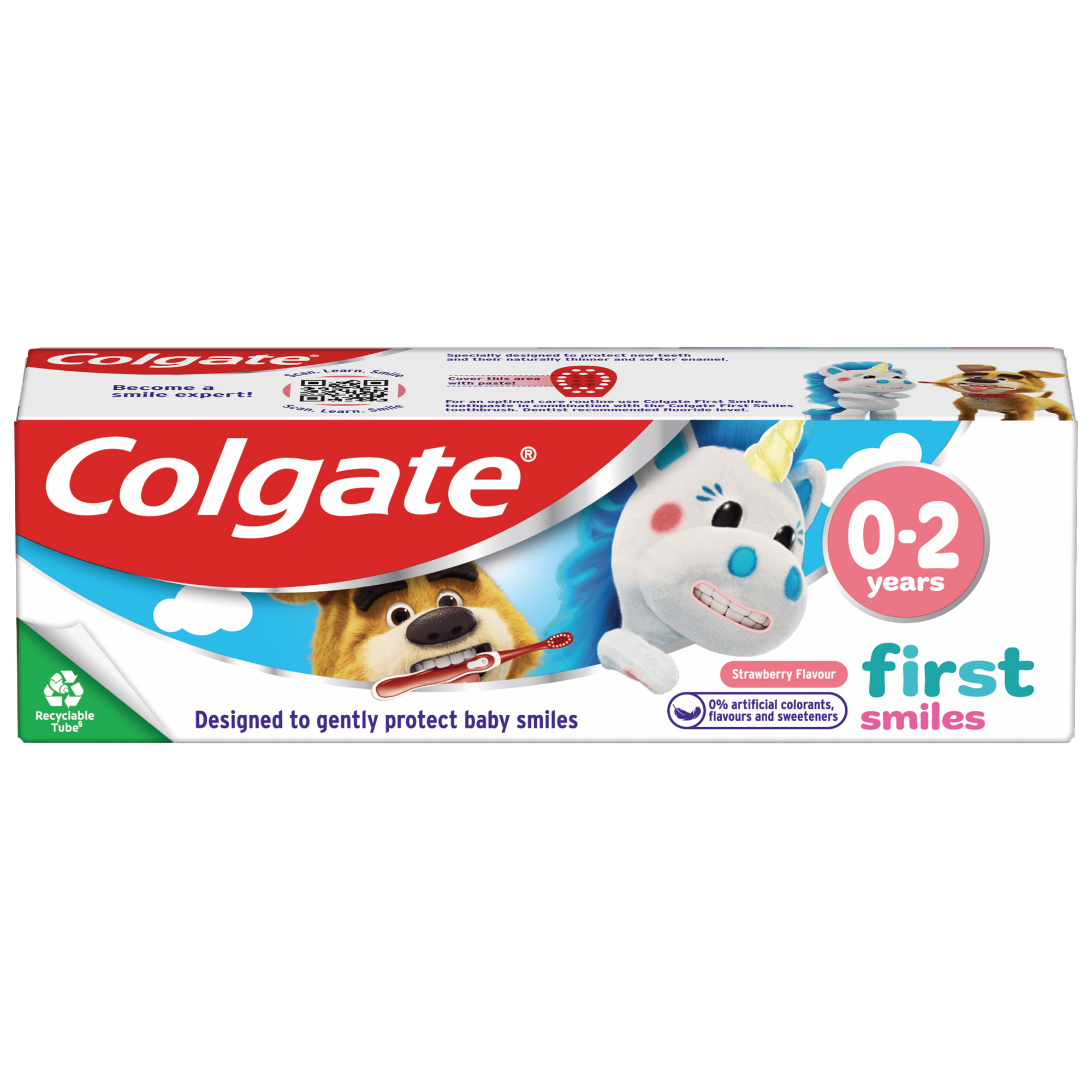-
-

FLUORIDE
What Is Stannous Fluoride Toothpaste?Stannous fluoride toothpaste helps prevent cavities, reduce sensitivity, fight plaque, and support daily gum and enamel health.

TEETH WHITENING
Why Should I Whiten My Teeth?Maybe you've always wanted a beautiful white smile. Or your teeth have yellowed over time...
-
Science & Innovation
- ORAL HEALTH CHECK
- PRODUCT MATCH
- Colgate® | Toothpaste, Toothbrushes & Oral Care Resources
- Oral Health
- Early Childhood Cavities


Sometimes called Baby Bottle Tooth Decay, Early Childhood Cavities is a serious disease that can destroy your child's teeth – but it can be prevented.
What Causes Early Childhood Cavities?
- Letting your baby fall asleep with a bottle. When your baby is asleep, the liquids that contain sugar stay around the teeth and can cause decay. Even breast milk and formula contain sugar.
- Prolonged nursing with mother or allowing your baby to fall asleep while nursing.
- Allowing your infant to walk around with a bottle.
Put your child to bed without a bottle ...
Your child can fall asleep without a bottle! Here are five tips to try:
- Let your child take a "security" blanket, teddy bear, doll, or favorite toy to bed.
- Quietly sing or play restful music.
- Hold or rock your child.
- Give your child a back rub to help him or her to relax.
- Read or tell your child a story.
What are the Effects of Early Childhood Cavities?
- Tooth loss
- Ear and speech problems
- Crooked permanent teeth
- Severe pain
- Poor self-image
- Tooth decay
How can I prevent Early Childhood Cavities?
- Get into the habit of putting your baby to bed without a bottle.
- Never put the baby to bed with a bottle filled with formula, milk, juice, sugar water, or soda pop. If your baby must have a bottle to go to sleep, fill it with water.
- Do not let your infant walk around with a bottle.
- Start teaching your infant to use a cup between 6-12 months. Trade your baby's bottle for a training cup by age one.
- Check with your doctor or dentist to make sure your child is getting enough fluoride each day.
Your child's healthy teeth and brilliant smile depend on you!
This article is intended to promote understanding of and knowledge about general oral health topics. It is not intended to be a substitute for professional advice, diagnosis or treatment. Always seek the advice of your dentist or other qualified healthcare provider with any questions you may have regarding a medical condition or treatment.
Related Articles

Kids oral care
Four Developmental Milestones in Your Child's Oral HealthDifferent stages of tooth development are milestones in your child's oral care. Learn more from Colgate on kids dental care for a lifetime of healthy smiles.

Kids oral care
Teething Rash: Symptoms And TreatmentTeething can be a painful experience for babies, and one of the most common symptoms is a teething rash. Find out what a teething rash looks like, its causes, and treatment.

Kids oral care
Mouth Sores in ChildrenMouth sores in children can sometimes appear without explanation. Find out what can cause them, the differences between mouth inflammation, ulcers and more.
Related Products

Helping dental professionals
More professionals across the world trust Colgate. Find resources, products, and information to give your patients a healthier future







